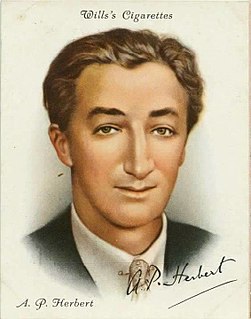A Quote by Florence Nightingale
I think one's feelings waste themselves in words; they ought all to be distilled into actions which bring results.
Related Quotes
Parents ought, through their own behavior and the values by which they live, to provide direction for their children. But they need to rid themselves of the idea that there are surefire methods which, when well applied, will produce certain predictable results. Whatever we do with and for our children ought to flow from our understanding of and our feelings for the particular situation and the relation we wish to exist between us and our child.
I don't think it's necessary to put your feelings about photography in words. I've read things that photographers have written for exhibitions and so forth about their subjective feelings about photography and mostly I think it's disturbing. I think they're fooling themselves very often. They're just talking, they're not saying anything.
Citizens who take it upon themselves to do unusual actions which attract the attention of the police should be careful to bring these actions into one of the recognized categories of crimes and offences, for it is intolerable that the police should be put to the pains of inventing reasons for finding them undesirable.
Food conditions the nature of the mind. Mind guides the thinking. Thinking results in action. Actions lead to commensurate or matching results and effects. This chain of action between the food we eat and the results of our actions highlights the fact that meat eating leads to beastly actions and the concomitant evil effects.
People in general attach too much importance to words. They are under the illusion that talking effects great results. As a matter of fact, words are, as a rule, the shallowest portion of all the argument. They but dimly represent the great surging feelings and desires which lie behind. When the distraction of the tongue is removed, the heart listens.





































